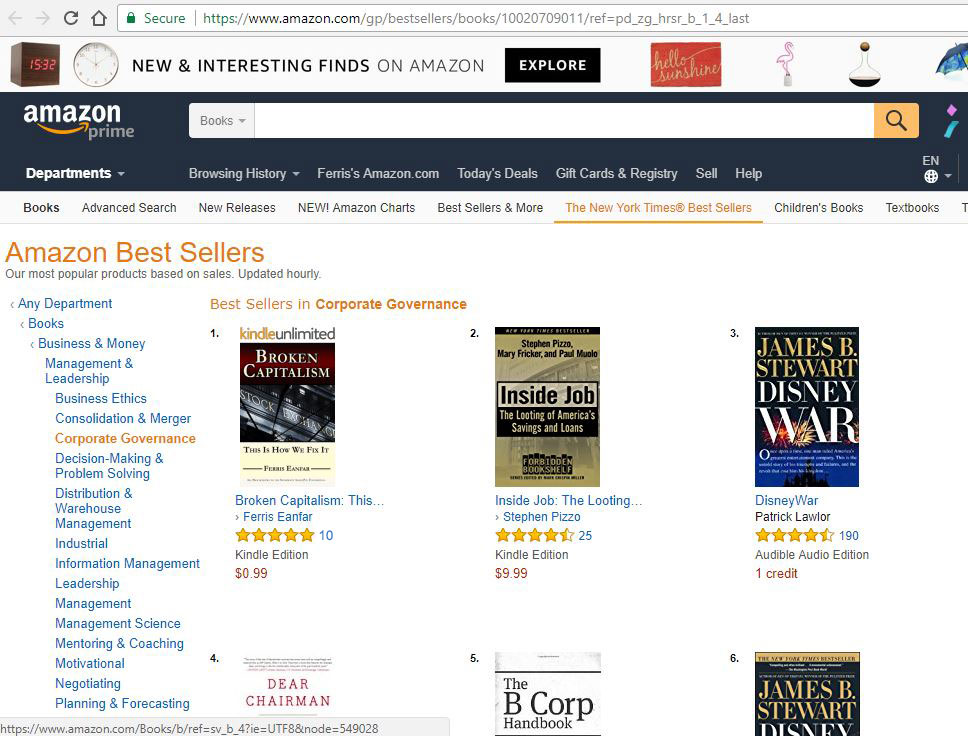The Biggest Mistake of the 20th Century. “If we can’t persuade nations with comparable values of the merit of our cause, we’d better re-examine our reasoning,” said Robert McNamara, former U.S. Secretary of Defense. During McNamara’s tenure in the Kennedy and Johnson Administrations, he was responsible for guiding American military operations—and indeed much of American foreign policy—during one of the darkest periods in American history. McNamara had one of the most brilliant minds of the 20th Century . . . and he utterly failed to prevent the United States from making its biggest mistake of the 20th Century: The Vietnam War.
Is War Immoral Only if You Lose? In his twilight years, McNamara reflected upon his experience, “If we had lost the war, we would have all been prosecuted as war criminals. . . . What makes it immoral if you lose and not immoral if you win?” If McNamara was still alive today, my answer to him would be:
The morality of war is dependent upon your purpose for war. Fighting an existential war is profoundly different from fighting a political war. You fought a political war on the other side of our planet for reasons that had nothing to do with existential survival. You lost that war because your opponent was fighting an existential war against your boss’s political ambition. You knew this in your heart, but you still dropped 7 million tons of bombs on Vietnam, Laos, and Cambodia—more than twice the amount dropped on Europe and Asia combined during World War II. What you did was immoral; what the 2.5 million dead Vietnamese, Cambodians, and Laotians did while they were fighting to prevent another colonial power from exploiting their country was certainly moral.
The Relationship Between War & Politics. “War is the continuation of politics by other means,” said the 19th Century Prussian General Carl von Clausewitz. He was a brilliant military general, but Clausewitz’s statement evades a much more important relationship between war and politics: War is the ultimate failure of diplomacy. After war starts, it spawns a logic of its own. The fog of war makes it impossible to rationally stop the machinery of war until both sides have committed their maximum number of atrocities. This is why every possible measure must be taken to prevent wars before they start.
Is Offensive, Politically-Motivated War Ever Morally Justified? Both McNamara and Clausewitz would have a hard time selling their wars today. Their models of power are the essence of “Hard Power,” which can be defined as a dependence on military force to achieve a state’s political goals. In contrast, “Soft Power” is having the capacity to influence and persuade others—without resorting to explicit or implicit threats of coercion, violence, or bribery—to consider our preferences before they act. Soft Power enables us to persuade others to want the same outcomes that we want. If our cause is legitimate and we can get what we want by persuasion, is offensive, politically-motivated war ever morally justified?
Digital Virality Can Be Even More Powerful than Military Lethality. Understanding the significance of Soft Power requires an understanding of the limitations of Hard Power. No military force can suppress a viral story of a man who burns himself alive to protest an oppressive government. Digital virality can be even more powerful than military lethality. As states become more economically and culturally interdependent through globalization, military force becomes a less viable form of power. In fact, Soft Power is not merely one form of power; it is increasingly the only form of power realistically available to states in the Internet Age.
Can Offensive Hard Power Achieve a State’s Long-Term Goals? The question is not whether Soft Power is effective; it is whether offensive Hard Power can be effectively used at all to achieve a state’s long-term goals. (Whether U.S. Hard Power truly achieves the United States’ long-term goals is highly debatable.) If not, why are government’s globally still spending over $1 trillion per year building Hard Power when they can build more effective Soft Power at a fraction of that cost? Of course, the answer is the toxic nexus between politics and special interests, but that is a topic for another day.
About Ferris Eanfar
Ferris Eanfar has over 20 years of experience in technical, financial, media, and government intelligence environments. He has written dozens of articles and several books in the fields of Economics, Crypto-Economics, and International Political Economy, including Broken Capitalism: This Is How We Fix It and GINI: Capitalism, Cryptocurrencies & the Battle for Human Rights and the Global Governance Scorecard. Ferris is a cofounder of the Gini Foundation, which builds unique cryptocurrency systems to protect human rights, among other benefits; and the CEO of the AngelPay Foundation, a nonprofit financial services company with a mission to “return wealth and power to the creators of value.” To learn more about Ferris, please visit the About Ferris page.Visit Ferris on:

 Gini Website Coming Soon. We (
Gini Website Coming Soon. We (
